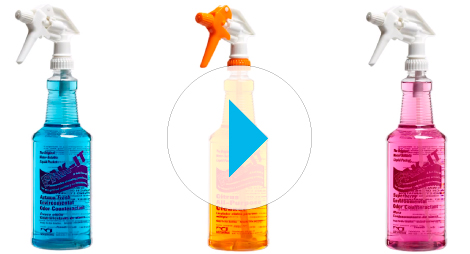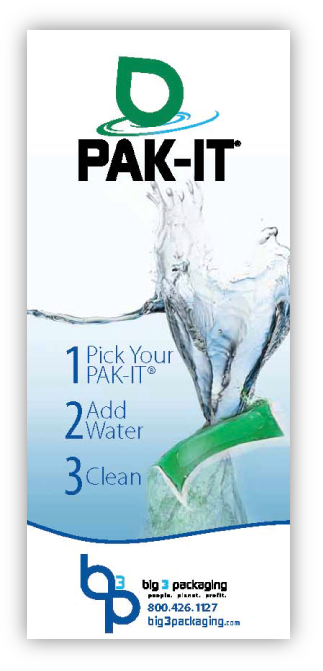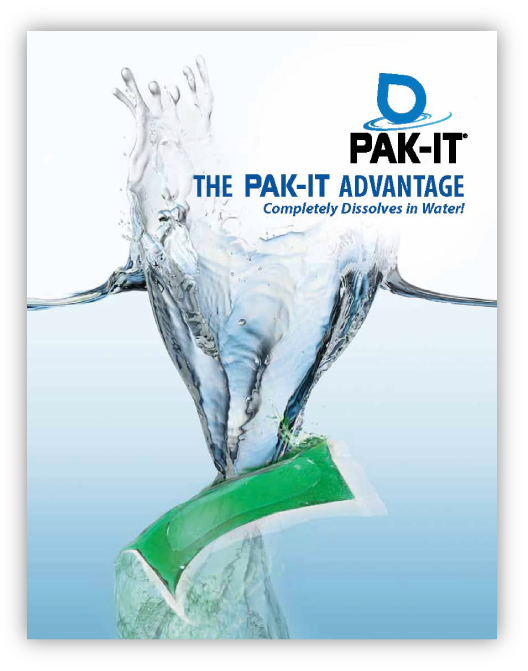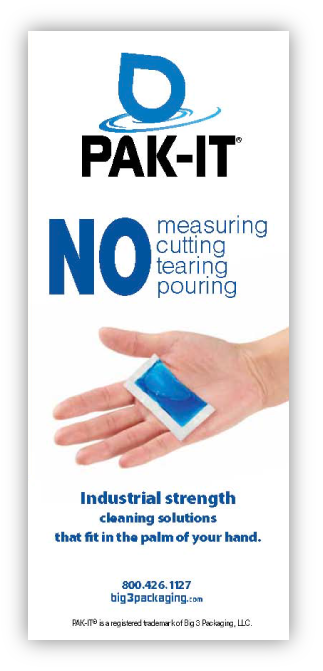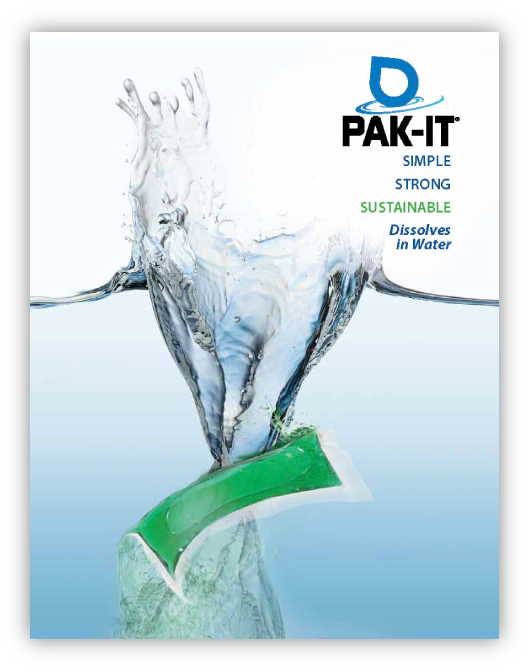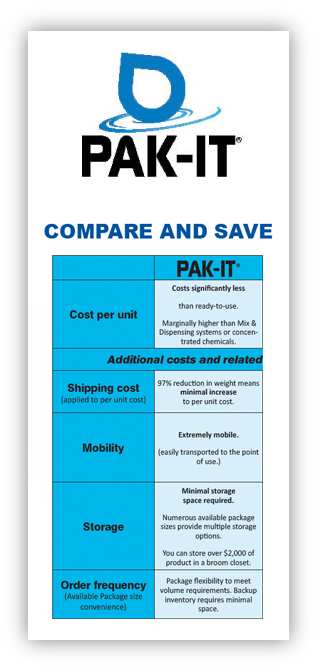About Plastics
2010 Facts & Figures:
31 million tons of plastic waste was generated in the United States alone. This represents 12.4% of total U.S. municipal solid waste (MSW), comprised of: 14 million tons of containers and packaging (bottles, bags, clamshells, etc.); 11 million tons of durable goods (e.g. appliances, computers, etc.); 6 million tons as non-durable goods (e.g. diapers, plates, cups, etc.). Only 7.6%, or 2.4 million tons of the total plastic waste generated was recovered for recycling. The category of plastic containers was recycled at almost 12 % and consisted mostly of soft drink, milk and water bottles. Plastic recycled from automobiles is counted separately from the MSW recycling rate.
Did you know that the plastics industry is the third largest manufacturing industry in the United States? Without plastics, the total volume of packaging waste would increase by around 160 percent. Because plastics are lightweight, durable and versatile, manufacturers can minimize the material used and the waste generated by using plastic products and packaging
PAK-IT® is 100% water-soluble.
We use PET (1) for our bottles, and HDPE (2) for our jars and tubs -- both types are the most commonly recycled. (Our clamshells aren't recyclable -YET. We're working on it!)
PET
(Polyethylene Terephthalate)
PET is a clear, tough plastic, and has good gas and moisture barrier properties. This resin is commonly used in beverage bottles and many thermoformed plastic packaging clamshells, blisters, and trays and is particularly resistant to most solvents.
HDPE
(High Density Polyethylene)
HDPE is a very stiff and strong plastic with great gas and moisture barriers. It tends to be more opaque and can withstand higher temperatures than LDPH (Low Density Polyethylene.)
DID YOU KNOW?
Resin Identification Code
The resin identification coding system for plastic, represented by the numbers on the bottom of plastic containers, was introduced by the plastics industry trade association (SPI) in 1988. Municipal recycling programs traditionally target packaging containers, and the SPI coding system offered a way to identify the resin content of bottles and containers commonly found in the residential waste stream. Plastic household containers are usually marked with a number that indicates the type of plastic. Consumers can then use this information to determine whether or not certain plastic types are collected for recycling in their area. Contrary to common belief, just because a plastic product has the resin number in a triangle, which looks very similar to the recycling symbol, it does not mean it is collected for recycling.
Source: U.S. Environmental Protection Agency
-
Profit
-
Planet
-
People
-
Big 3 Packaging
People. Planet. Profit.
Proud to be a provider of environmentally-friendly products for nearly a decade, Big 3 Packaging originated out of a demand for sustainable alternatives, and to this day our guiding principles remain the same - people. planet. profit.
At Big 3 Packaging we strive to meet the needs of an ever-increasing savvy community, with careful attention to environmental impact, while achieving profitable growth, known as the triple bottom line (TBL). Research has shown that companies with sustainable practices boost profitability through a happy and healthy workforce and client base. It is a true business imperative for companies of all sizes, and a benchmark for successful industries throughout the USA. Here at B3P, we constantly look for innovative solutions to meet our TBL goals. Our PAK-IT® product line is safe, sustainable, and saves money and time. We love our products and we think you will too!
Clean up with us —
-------------------------------------------------------------------------------------------------------------------------------------
1-866-MYPAKIT (866-697-2548) / 215-743-4201
24/7 Live Chat Text 917-224-0688
[email protected]

Do you have a question about Big 3 Packaging?
24/7 Live Chat Text 917-224-0688 for live Q&A
 ©2014 Big 3 Packaging, All Rights Reserved. PAK-IT™ is a registered trademark of Big 3 Packaging, LLC.
©2014 Big 3 Packaging, All Rights Reserved. PAK-IT™ is a registered trademark of Big 3 Packaging, LLC.Custom Website Managed by Computer Guy - PC Solutions - info




